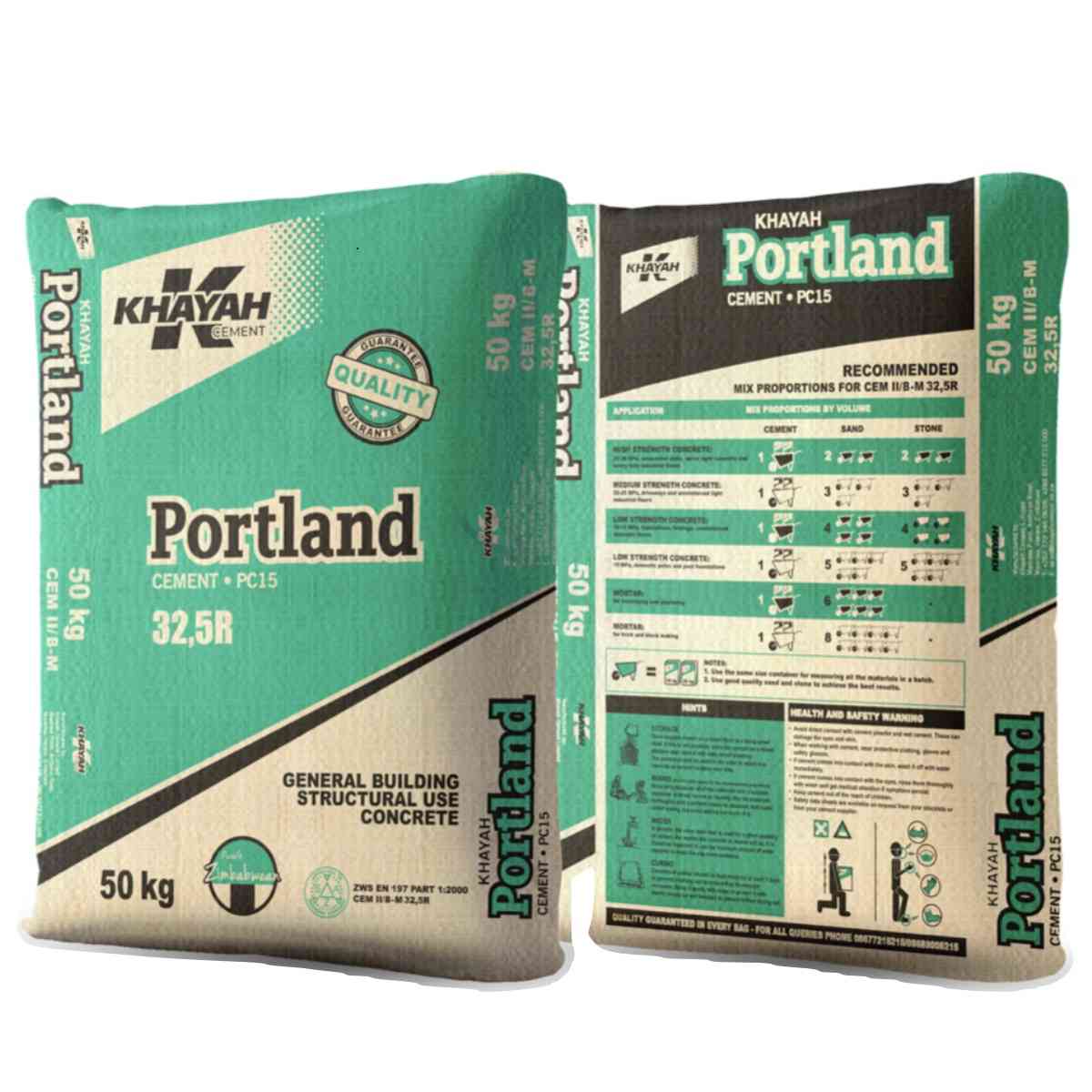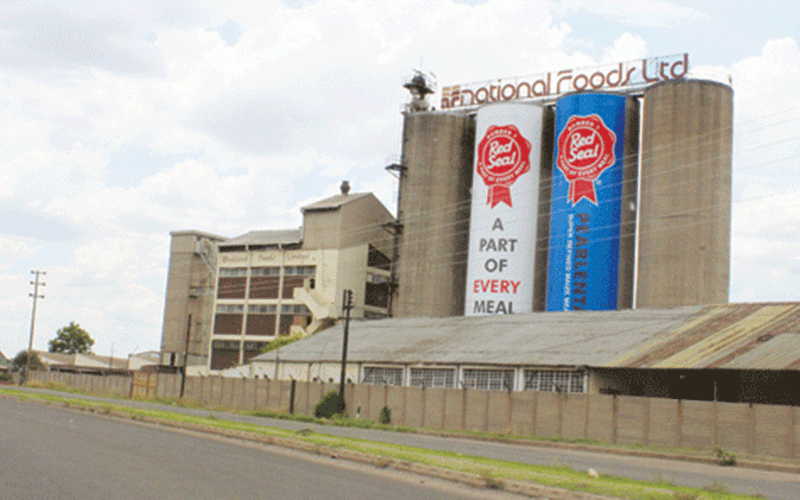
BY MTHANDAZO NYONI
THE country’s leather exports took a nosedive in 2019, registering a 58% drop to US$1,1 million compared to the same period in the previous year, figures released by the Zimbabwe National Statistics Agency (ZimStats) show.
According to ZimStats, the export performance of the sector dropped 58% from US$2,6 million in 2018 to US$1,1 million in 2019. In 2017 leather exports generated US$2,7 million.
As such, in a bid to save the industry from total collapse, ZimTrade — the country’s export promotion body — indicated it was undertaking programmes that were aimed at developing the leather value chain. It recently organised a visit by PUM experts who were focusing on the leather value chains, particularly on tanneries.
According to ZimTrade, PUM sector co-ordinator for textile, leather industries and consumer goods, Hans Akkerman said although the sector’s contribution to exports was relative, the quality of some shoes manufactured in Zimbabwe could compete well on the export market as they were produced from quality materials and modern designs.
He, however, bemoaned the lack of quality leather that could support high-end quality shoe production. To address this, ZimTrade said there was need to develop the entire leather value chain, from cattle production to distribution of value-added leather products.
“The leather sector is one of the value chains that has potential to offer quick wins for Zimbabwe’s export growth, given the population of cattle and wild animals in the country.
However, the sector’s contribution to exports is relatively low,” ZimTrade said.
- Chamisa under fire over US$120K donation
- Mavhunga puts DeMbare into Chibuku quarterfinals
- Pension funds bet on Cabora Bassa oilfields
- Councils defy govt fire tender directive
Keep Reading
Tanners Footwear Leather Manufacturers of Zimbabwe chairperson, Arnold Britten recently told NewsDay Business that the leather industry was struggling because it relied a lot on imported inputs. “Now this foreign currency situation makes it very difficult for the industry to operate. So a lot of companies are working and stopping and this has led to a lot of companies going under judicial management,” he said.
“If you go to shops you find that a local shoe is expensive. It’s not because industry is overpricing, but it’s because our inputs are so expensive. Our costs are so high because we rely a lot on imports. So that affects our products.”
“That’s why you find there are a lot of companies that are under judicial management and some have actually closed down recently. So industry is in a very difficult state, but we are hoping by coming together we can solve some of these problems.”











